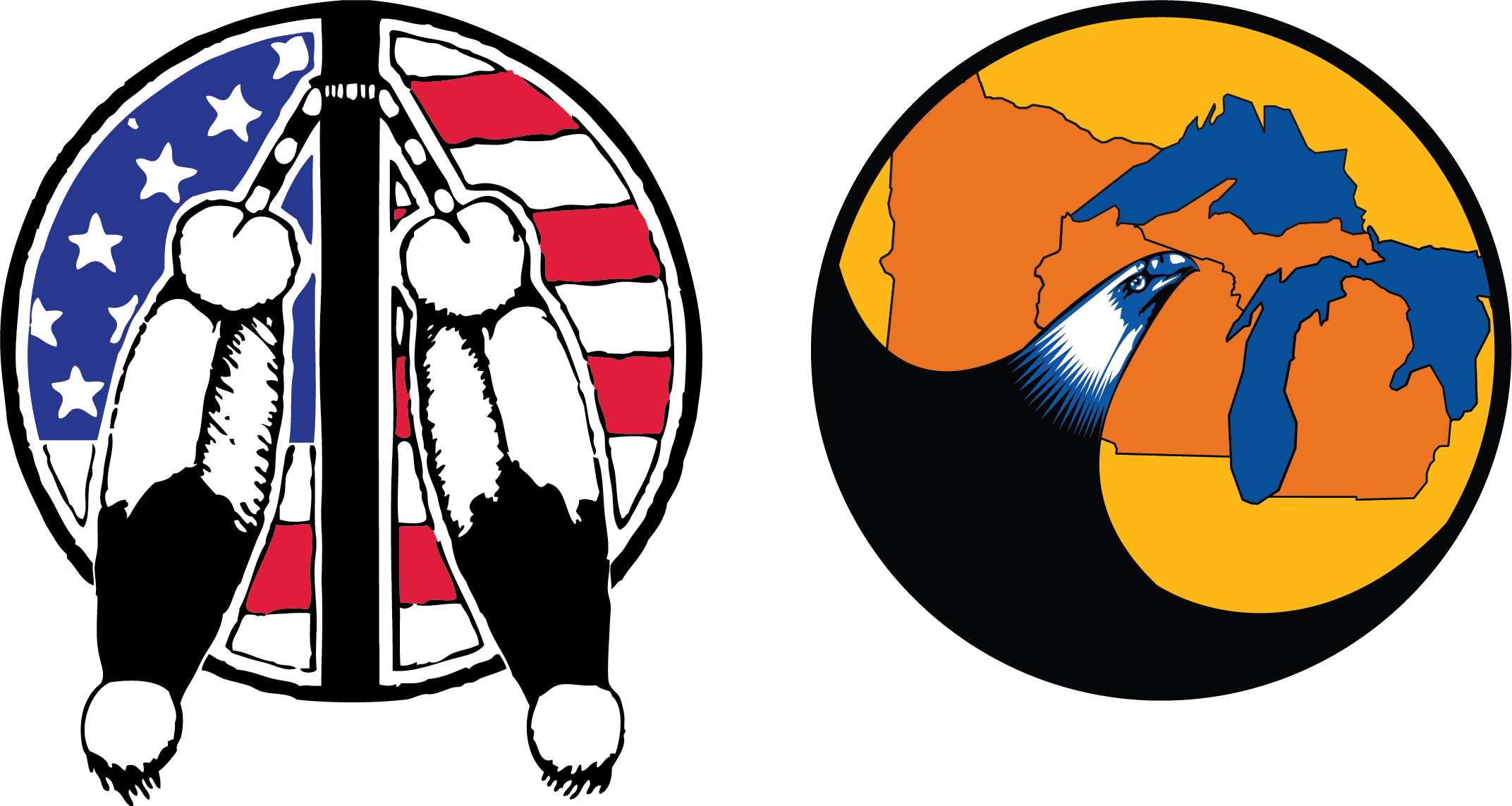Strength and Resiliency: Emergency Preparedness for Tribal Leaders and Program Directors
Course
This course is meant to assist Tribal leaders in gaining a greater understanding of their role in emergency preparedness and the available resources.
About This Independent Study
This activity was originally released on March 15, 2024 and is available for credits until March 20, 2026.
The course will explore some of the issues that arise during an emergency incident as well as all-hazard planning, interoperability, and using the unified command center. It will also detail the essential working relationships that federally recognized Tribal governments should establish with federal, state, and local governments to ensure assistance after an emergency or a disaster.
The course is composed of videos and interactive questions about the content, including reflection and planning questions about the community you serve. Many of your responses can be printed out at the end of the course.
Who Should Take This Course
This course is designed for Tribal leaders and program managers new to emergency preparedness. It is applicable for all Tribal settings, including but not limited to Rancherias, pueblos, villages, First Nations in Canada, reservations (over 570 federally recognized Tribes), and urban Indian organizations.
To Enroll
Select the enroll button. If you have not created an account with this system before, you will be prompted to create an account. Otherwise, you will be prompted to enter your email and password.
Objectives
After completing this eLearning course, you will be able to:
- Discuss the role of Tribal leaders and employees in a Tribal Emergency Response Commission (TERC)
- Describe plans and tools that a Tribal Nation can use for emergency preparedness
- Describe Tribal Epidemiology Centers (TECs)
Continuing Education
Certified Public Health Recertification Credits (CPH)
Up to 1 CPH Recertification Credits may be earned at this event.
Successful completion of this continuing education activity includes the following:
- Attending the entire CPH activity
- Completing the online evaluation
Fees
The eLearning course is free of charge.
Disclosures
There are no relevant financial relationships with ineligible companies for those involved with the ability to control the content of this activity.
Acknowledgments
Many thanks to the artists and contributors who lent their time and talent to this course:
Brittany Tainter
Lac Courte Oreilles Band of Lake Superior Chippewa Indians of Wisconsin
Illustrator; see more of Brittany’s work here.
Buffalo Nickel Creative
Film Crew; view their website here.
David Morrison
EPA Federal On-Scene Coordinator
Denise Halfyard
Wet'suwet'en, Tsimshian, Gitxsan First Nation
Narrator on eLearning course, find her at her studio here.
Jan Michael Looking Wolf Reibach
Kalapuya of the Confederated Tribes of Grand Ronde
Musician and Flute Player; learn more about Jan Michael here.
German Gonzalez, MD, MPH, FACE
Subject Matter Expert
Marissa Hogan, MPH, CPH
Subject Matter Expert
Monte "Awan" Fronk
Mille Lacs Band of Ojibwe
Tribal Firefighter/EMT/CEM
Samantha Lucas-Pipkorn, MPH
Subject Matter Expert
Stacey Thunder
Red Lake Band of Chippewa Indians, Minnesota, and Lac Courte Oreilles Band of Lake Superior Chippewa Indians of Wisconsin
Actor on Emergency Preparedness video; learn more here
Troy Christensen
Regional Tribal Liaison, FEMA Region 5
Will Funmaker, MBA, MLT (ASCP)CM
Ho-Chunk Nation of Wisconsin
GLITEC Director
(2).png?lmsauth=bd796a94e7ceab3c4d5b41a4dbbf741724488599)
Here is the course outline:
1. Pre-Survey and Course Content |
2. EvaluationComplete a brief evaluation. |
Completion
The following certificates are awarded when the course is completed:
 |
Certificate of Completion |




.png?lmsauth=5ec29864a644c9f8cc34d8b4d240dcd4c9cbb8e6)
